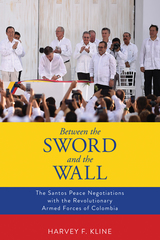
In Between the Sword and the Wall: The Santos Peace Negotiations with the Revolutionary Armed Forces of Colombia, Harvey Kline, a noted expert on contemporary Colombian politics, brings to a close his multivolume chronicle of the incessant violence that has devastated Colombia’s population, politics, and military for decades. This, his newest work on the subject, recounts and analyzes the negotiations between Colombian president Juan Manuel Santos and the Marxist Revolutionary Armed Forces of Colombia (FARC), which ended with a peace agreement in 2016.
The FARC insurgency began in 1964, and every Colombian president after 1980 unsuccessfully tried to negotiate a peace agreement with the group. Kline analyzes how the Santos administration was ultimately able to negotiate peace with the FARC. The agreement failed to receive the approval of the Colombian people in an October 2016 plebiscite, but a renegotiated version was later approved by the congress in the same year. Afterward, more than 7,000 rebels turned over their weapons to the UN mission in Colombia. The former combatants were then to be judged by a special court empowered to punish but not imprison those who had violated human rights. Throughout the book, Kline emphasizes the dual nature of the Santos negotiations, first with the FARC and second with the democratic opposition to the agreement led by former president Álvaro Uribe Vélez.
Kline provides readers with a well-researched analysis based on a variety of resources, including media articles and primary documents from the government, international organizations, and the FARC. He also conducted extensive interviews with twenty-eight government officials and Colombian experts from all ideological persuasions.

One of our nation's leading interpreters of national security policymaking shows how public opinion, operating in democratic political systems, shapes and constrains decisions about national security. Bruce Russett maintains that elected leaders, and their supporters and rivals, must realize that foreign policy and security policy are largely determined by domestic politics; the political leader who ignores domestic politics finds it difficult to get things done internationally, risks repudiation at the polls, and fails to exploit real or symbolic successes abroad that could reinforce his standing at home.
Russett also debunks several Washington myths: that the public is too confused and ignorant about security issues to deserve influence over national security policy; that the public is easily manipulated; that public opinion is hopelessly volatile, swinging irrationally between indifference and hysteria, hawk and dove. He shows how electoral politics encourages tough talk and tough action; how policymaking and public opinion interact; how the public balances extremes of warmongering and appeasement; and how democratic political systems are prepared to compromise their differences with other democratic countries, to avoid making hard enemies of them.
Timely, insightful, almost an advanced primer for understanding national policymaking in our most challenging and frightening sphere, this book will be of interest to policymakers, journalists, legislators, and concerned readers in general.
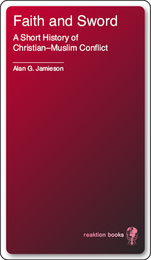
Faith and Sword opens with the tumultuous first centuries of the conflict, examining the religious precepts that framed clashes between Christians and Muslims and that ultimately fueled the legendary Crusades. Traversing the full breadth of the Arab lands and Christendom, Jamieson chronicles the turbulent saga from the Arab conquests of the seventh century to the rise of the powerful Ottoman Empire and its fall at the end of World War I. Faith and Sword then explores the complex dynamics that emerged later in the twentieth century, as Christendom was transformed into the secular West and Islamic nations overthrew European colonialism to establish governments straddling modernity and religiosity.
From the 1979 Iranian revolution to the Lebanon hostage crisis to the present-day war in Iraq, Faith and Sword reveals the essence of this enduring struggle and its consequences.
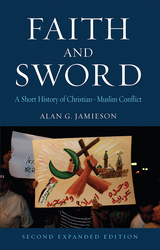
Faith and Sword opens with the tumultuous first centuries of the conflict, examining the religious precepts that framed clashes between Christians and Muslims and that ultimately fueled the legendary Crusades. Traversing the full breadth of the Arab lands and Christendom, Jamieson chronicles the turbulent saga from the Arab conquests of the seventh century to the rise of the powerful Ottoman Empire and its fall at the end of World War I. He then explores the complex dynamics that emerged later in the twentieth century, as Christendom was transformed into the secular West and Islamic nations overthrew European colonialism to establish governments straddling modernity and religiosity.
From the 1979 Iranian revolution to the Lebanon hostage crisis to—in this new expanded edition—the recent wars in Syria, Iraq, and Afghanistan, Faith and Sword reveals the essence of this enduring struggle and its consequences.
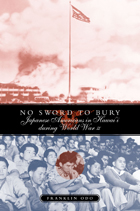
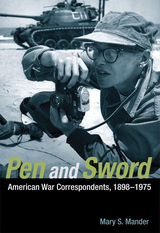
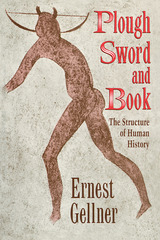
"A thoughtful and lively meditation upon probably the greatest transformation in human history, upon the difficult problems it poses and the scant resources it has left us to solve them."—Charles Larmore, New Republic
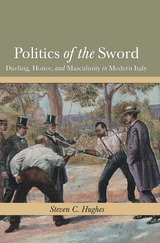

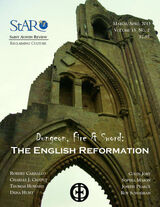

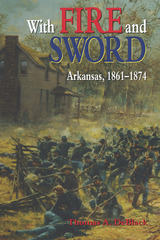
When Arkansas seceded from the Union in 1861, it was a thriving state. But the Civil War and Reconstruction left it reeling, impoverished, and so deeply divided that it never regained the level of prosperity it had previously enjoyed. Although most of the major battles of the war occurred elsewhere, Arkansas was critical to the Confederate war effort in the vast Trans-Mississippi region, and Arkansas soldiers served—some for the Union and more for the Confederacy—in every major theater of the war. And the war within the state was devastating. Union troops occupied various areas, citizens suffered greatly from the war’s economic disruption, and guerilla conflict and factional tensions left a bitter legacy. Reconstruction was in many ways a continuation of the war as the prewar elite fought to regain economic and political power.
In this, the fourth volume in the Histories of Arkansas series, Thomas DeBlack not only describes the major players and events in this dramatic and painful story, but also explores the experiences of ordinary people. Although the historical evidence is complex—and much of the secondary literature is extraordinarily partisan—DeBlack offers a balanced, vivid overview of the state’s most tumultuous period.
READERS
Browse our collection.
PUBLISHERS
See BiblioVault's publisher services.
STUDENT SERVICES
Files for college accessibility offices.
UChicago Accessibility Resources
home | accessibility | search | about | contact us
BiblioVault ® 2001 - 2024
The University of Chicago Press









